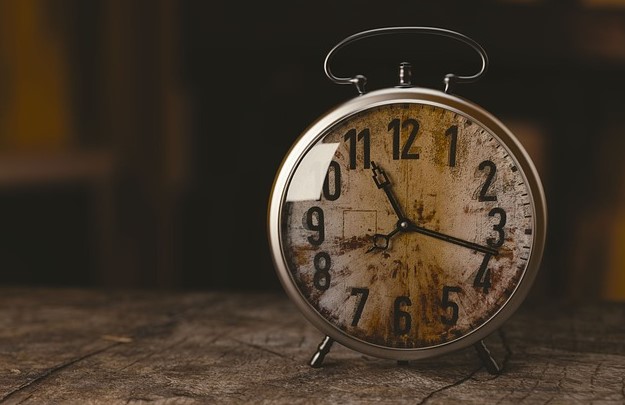Would it surprise you to know that Daylight Savings Time was a plot concocted by the Kaiser in WWI? It was imported to the US in 1918 and has plagued us in various forms ever since. Until 1966 when Congress forced it on all but a few locals who said screw you.
That’s according to Conservative Tribune which also has some good news to share.
“Congressman Vern Buchanan (R-FL) and Senator Marco Rubio (R-FL) today introduced the Sunshine Protection Act, legislation that would make Daylight Saving Time (DST) permanent across the country,” the two lawmakers said in a press release.
The move would eliminate Standard time and the bi-annual one hour shift back in the fall and then forward four months later. No more clocks transitioning twice a year because they can’t decide what time they have. A move I fully support.
The Press release includes a list of benefits to returning to cis-gendered time.
- Reduces car crashes and car accidents involving pedestrians: better aligning daylight hours to drivers’ standard work hours’ increases visibility, according to the American Journal of Public Health and the Journal of Safety Research. Also reduces the number of vehicle collisions with wildlife by 8 – 11 percent by shifting normal traffic patterns to an hour off from nocturnal wildlife’s behavior.
- Reduces risk for cardiac issues, stroke, and seasonal depression.
- Reduces the number of robberies by 27 percent, according to a 2015 Brookings Institution because of additional daylight in the evenings.
- Benefits the economy, according to a study by JP Morgan Chase, which found that there is a drop in economic activity of 2.2 percent – 4.9 percent when clocks move back.
- Reduces childhood obesity and increases physical fitness, according to studies published by the International Journal Behavioral Nutrition and Physical Activity and the Journal of Physical Activity and Health, children see an increase in physical activity during DST. The Journal of Environmental Psychology found that DST increased pedestrian activity by 62% and cyclists activity by 38% because of additional daylight.
- Benefits the agricultural economy, which is disproportionately disrupted by biannual changes in time by upsetting the synergy between farmers’ schedules and their supply chain partners.
- Reduces energy usage, a 2008 study by the U.S. Department of Energy found that during the 4 weeks the U.S. extended daylight savings from the 2005 law, there were savings of about 0.5 percent in electricity per day. Later studies have also shown that the energy savings are minimal but a small saving does occur.
That’s a weird list. I would have been good with “you don’t have to change the clocks and it won’t f-up your pets feeding schedule.”
Sold.
But can this Congress make it happen?
